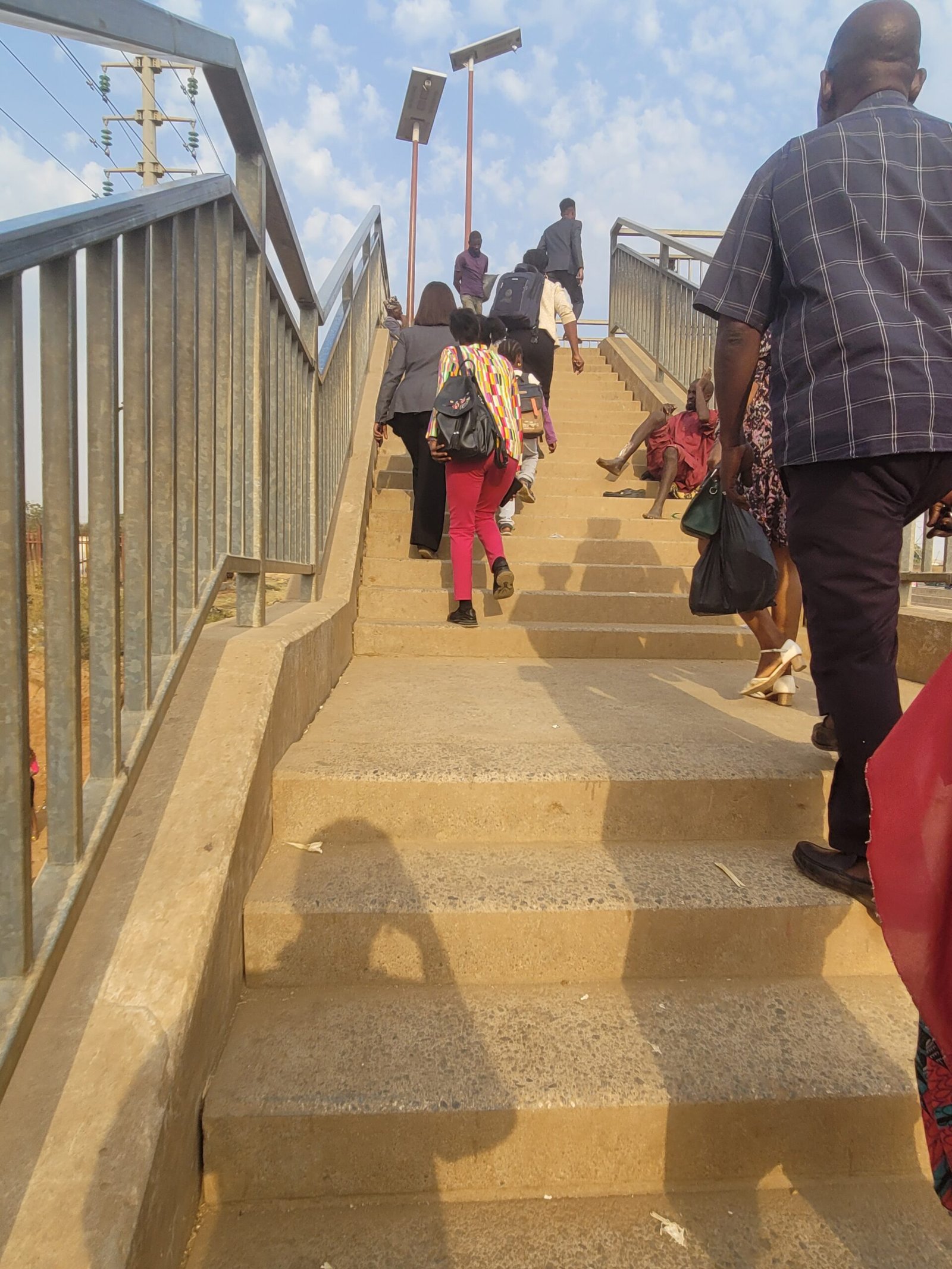Two months after the crackdown on Beggars and miscreants in the Federal Capital Territory FCT, Abuja, ordered by the Minister, Nyesome Wike, due to escalating insecurity, the beggars have returned to streets of Abuja.
Findings by Africa Health Report (AHR) Correspondent reveal that these group of persons are fully back in the nation’s capital. Shocking revelations also are that not only the beggars are back, the metal scrap scavengers are here moving confidently from one area of the city to another. Also, street urchins, motor park touts ‘agberos’ have returned to the FCT.
Further AHR finding pointed out that they are prominently visible at Area 1, Area 3, Area 10, Wuse Berger, Lugbe-Airport Road, Mararaba-Yanya, Maitama extorting private motorists. As for the beggars, they are almost every place there is pedestrian bridge in the city as observed by this reporter. When asked why they returned after being thrown out of the city, they complained of economic hardship, saying they are also struggling to survive and make livelihoods. And for the daring metal scrap scavengers, ‘BOOLA’ they pound the streets gathering their loots with fresh zeal as if they were not once banned. Meanwhile, insecurity is rising in the FCT since these elements bounced back. Recent data on attacks on residents and even journalists operating in Abuja shows a rate pointing upwards rather than decline. Between November and early December, the ‘One-Chance’ robbery in the FCT has increased and became dreadful claiming dozens of victims. Similarly, the kidnap trend surged within the period in reference. For instance, a female journalist along with other colleagues were kidnapped right in front of the Federal Secretariat, sometime in November. She was freed along the Lugbe-Airport Road. Sultan Rabiu who went round the FCT in the course of gathering data, reports.
Impossible Choices – Wike

Two months after the Federal Capital Territory (FCT) Minister, Nyesom Wike, launched a crackdown on beggars in Abuja, many are back on the streets—faced with an impossible choice between returning to their desperate livelihoods or risking their lives in a system that offers no alternatives.
In October 2024, Wike declared a “war” on beggars, calling their presence in the city “embarrassing” and a security threat.
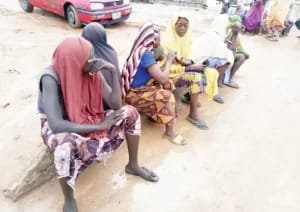
The minister’s announcement sent beggars fleeing from the capital’s roads, with many taking shelter elsewhere.
Wike’s decree, though clear in its intention to restore order to the city, offered no provisions for their welfare, leaving them with no recourse but to return to the streets.
In separate interviews with Africa Health Report (AHR), both beggars and Abuja residents shared their opinions on the policy.
Shared Struggles After Eviction
Mustafa Haruna, a beggar from Kaduna who begs for alms at the car wash bridge near Abuja International Airport, shared the struggles that many have faced since the eviction. “Since when Wike said we should leave, I left. I spent 37 days away and just came back yesterday. They didn’t give us anything. They just told us to leave,” he said, his voice tinged with frustration and weariness.

Mustafa, who fled the insecurity in his home state, further explained the lack of support from the government. “I am from Safana, Kaduna. If the government had provided any support, we would have been happy to return to our villages and manage our lives. But they have given us nothing.
“In my village, insecurity is so bad that not even a single goat can be found. Despite this, we are asking the government for any help, so we can go back home and try to rebuild our lives,” he said.
Rampant Insecurity
He, like many others, is caught in a tragic cycle of poverty and insecurity, unable to return home due to violence and banditry.
Usman Bello, another beggar from Sokoto, echoed Mustafa’s sentiments. “We’re not happy about it because many of us come from places like Kaduna, Sokoto, and Zamfara, where insecurity is rampant. I’m from Gada in Sokoto, and the insecurity there is even worse. I’m a dry-season farmer, but if there was security, I could stay home and farm. I wouldn’t be here begging for money. I don’t like it, but I have no other choice,” he said.
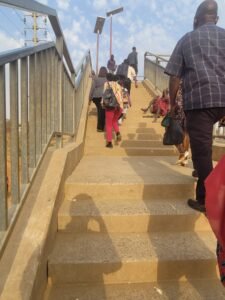
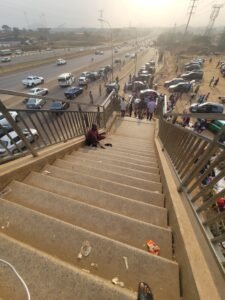
Plea for Govt Support
“Since they told us to leave, I haven’t gone anywhere because I’m not physically able to. If the government could provide us with any support, we would be grateful. We are seeking help from Allah, but the government should also assist us. I have four children and my health is poor, which is why I’m here begging. The government should please help us,” he pleaded.
The decree has also raised concerns among some of Abuja’s residents.
Yahaya Sali, a local from Lugbe, a suburb in the Federal Capital Territory, shared his thoughts. “The beggars haven’t caused any harm to us. Perhaps some people known as ‘BOOLA’ might be a security concern, but the beggars—most of them are physically frail. They’re simply seeking help to survive,” he explained.
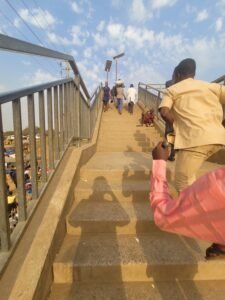
Beggars Are Victims of Insecurity Themselves
Others like Mallam Bala pointed out that many of these beggars are victims of insecurity themselves. “Most of these beggars are here because their families have been killed back home. They’re not bandits; they are just people trying to survive,” he argued.
As beggars return to the streets of Abuja, one thing is clear: the government’s approach has left them with no viable alternatives for survival, and the question remains—what will it take to address the root causes of their plight?

